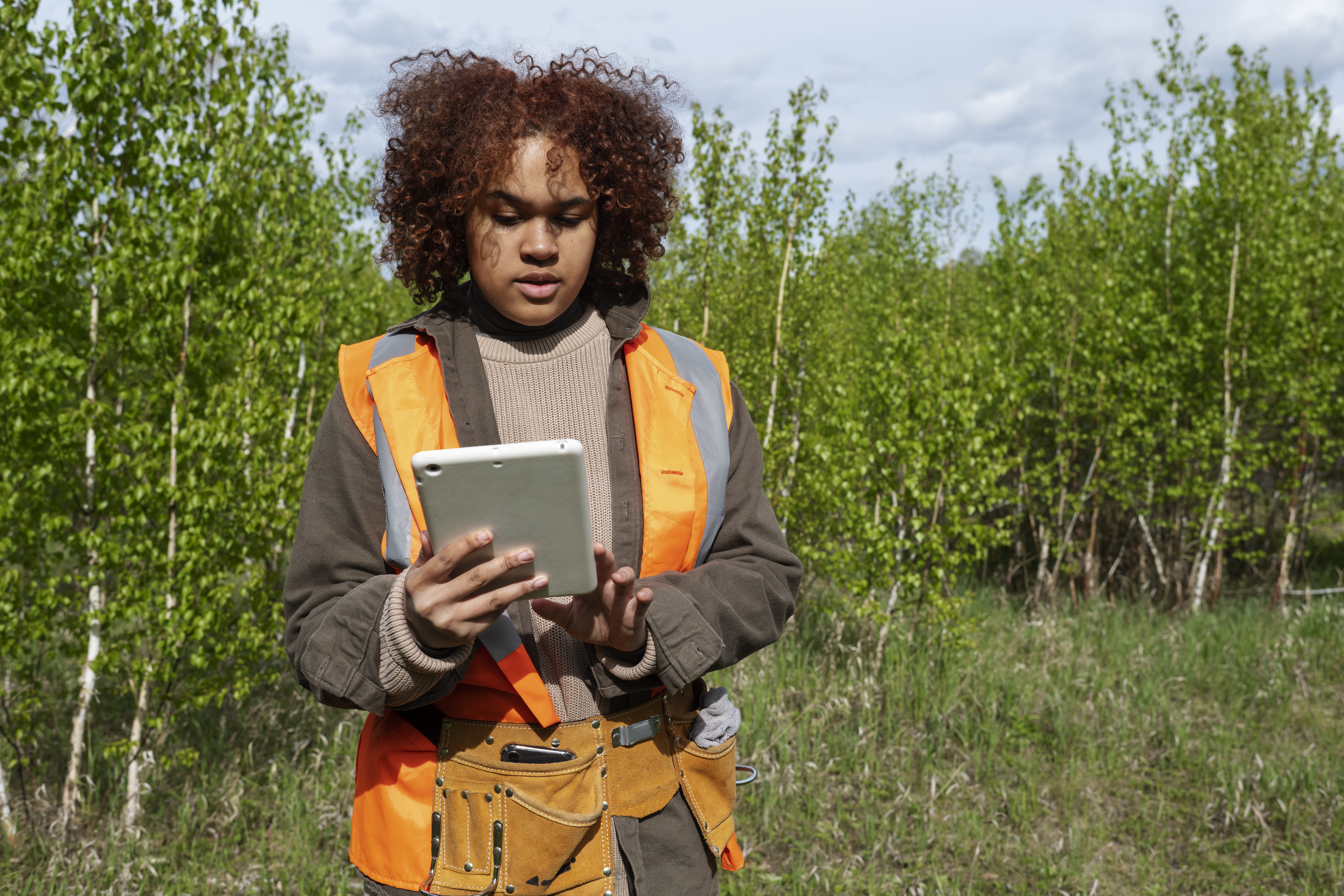Climate Change Analysts are professionals dedicated to studying and addressing the impacts of climate change. They analyze data, develop strategies to mitigate environmental damage, and provide recommendations to policymakers, businesses, and organizations. Their expertise helps to create sustainable solutions and combat global environmental challenges.

Climate Change Analysts can progress into senior roles such as Environmental Policy Advisors, Sustainability Consultants, or Directors of Environmental Affairs. Opportunities also exist in academia and international organizations like the UN.
[Your Name]
[Your Address]
[City, State, ZIP Code]
[Email Address] | [Phone Number]
[Date]
[Hiring Manager's Name]
[Organization Name]
[Organization Address]
[City, State, ZIP Code]
Dear [Hiring Manager's Name],
I am excited to apply for the Climate Change Analyst position at [Organization Name]. With a strong academic background in [Your Degree/Major] and hands-on experience in environmental research and policy development, I am eager to contribute to your mission of combating climate change and promoting sustainability.
[Customize this section with details about your relevant achievements, skills, and experiences.]
Thank you for considering my application. I would welcome the opportunity to discuss how my expertise aligns with your organization's goals.
Sincerely,
[Your Name]
[Your Name]
[Your Address] | [City, State, ZIP Code] | [Email Address] | [Phone Number]
Passionate Climate Change Analyst with [X years] of experience in environmental research and sustainability initiatives. Seeking to leverage expertise in data analysis, policy development, and public engagement to drive impactful solutions to environmental challenges.
I have always had a deep passion for environmental protection and sustainability. During my undergraduate studies in environmental science, I was part of a research team studying the effects of urbanization on local ecosystems. Witnessing the tangible impacts of climate change firsthand inspired me to contribute to meaningful solutions. That experience solidified my decision to focus on climate change analysis as a way to combine my analytical skills with my passion for protecting the planet.
I subscribe to reputable journals like Nature Climate Change and Environmental Research Letters. I also follow updates from organizations like the IPCC, UNFCCC, and the World Resources Institute. Attending webinars, conferences, and networking with industry professionals helps me stay informed about the latest developments and emerging trends in climate science and policy.
In my previous role, I led a project to develop a carbon reduction strategy for a mid-sized manufacturing company. By analyzing their energy use and emissions data, I identified areas for improvement, including transitioning to renewable energy sources and optimizing processes. The implementation of these changes reduced their carbon footprint by 25% over two years and set a benchmark for similar initiatives within the industry.
I use software like ArcGIS for spatial analysis, Python for data processing, and climate models such as CMIP6 for scenario planning. My methodology involves collecting and cleaning datasets, running simulations, and visualizing results to identify trends and actionable insights.
I focus on simplifying technical terms and presenting data visually through charts, graphs, and infographics. Storytelling plays a crucial role; I frame the data within a narrative that highlights its relevance and implications for the stakeholders' goals, ensuring they can make informed decisions.
I suggest conducting a comprehensive environmental impact assessment to identify key areas for improvement. Strategies may include adopting energy-efficient technologies, sourcing renewable energy, implementing waste reduction programs, and engaging employees in sustainability initiatives.
I approach conflicts with empathy and focus on building common ground. I rely on evidence-based research and provide clear, factual information while encouraging open dialogue. My goal is to foster understanding and collaboration by emphasizing shared objectives, such as cost savings or community benefits.
While working with a local government, my analysis of urban heat island effects led to the adoption of a green roof initiative. By presenting clear data on temperature reduction and energy savings, I helped policymakers understand the long-term benefits, resulting in a policy that incentivized green infrastructure in urban planning.
One challenge is balancing economic growth with sustainability goals. I advocate for policies that incentivize green technologies and practices, such as tax breaks for renewable energy investments. Education and community involvement are also essential to overcome resistance and foster widespread adoption of mitigation measures.
Transitioning to renewable energy and reducing dependence on fossil fuels is paramount. Simultaneously, we must invest in climate adaptation strategies to protect vulnerable communities from the impacts of global warming. Collaboration between governments, businesses, and individuals is vital to achieving these goals.
Important skills include analytical and critical thinking, proficiency in environmental modeling tools, knowledge of climate science and policies, project management, effective communication, and cultural sensitivity to work with diverse groups.
A climate change officer is responsible for developing and implementing policies and strategies to mitigate the impacts of climate change. They work on sustainability programs, carbon footprint reduction initiatives, and environmental compliance for organizations.
A climate change consultant advises organizations on reducing their environmental impact. They assess risks, recommend sustainable practices, and help businesses and governments comply with climate policies and regulations.
A climate change specialist is an expert focused on understanding and addressing climate-related issues. They analyze data, develop strategies for adaptation and mitigation, and work on creating awareness and policy recommendations to combat climate change.
A climate change negotiator represents countries, organizations, or groups in international and regional climate discussions. They work to develop agreements, treaties, and policies aimed at mitigating global warming and its effects.
To become a climate change specialist, you typically need a degree in environmental science, climate studies, or a related field, along with experience in policy-making, research, or consulting. Certifications in climate science or sustainability, like LEED or GHG Accounting, can also be advantageous.
The demand for climate change analysts is high due to the growing global focus on sustainability and environmental conservation. Opportunities exist in government agencies, NGOs, corporations, and research institutions.
Essential skills include data analysis, understanding of climate systems, policy knowledge, communication, public engagement, project management, and proficiency in environmental software tools.